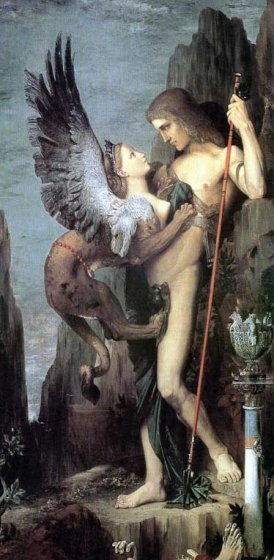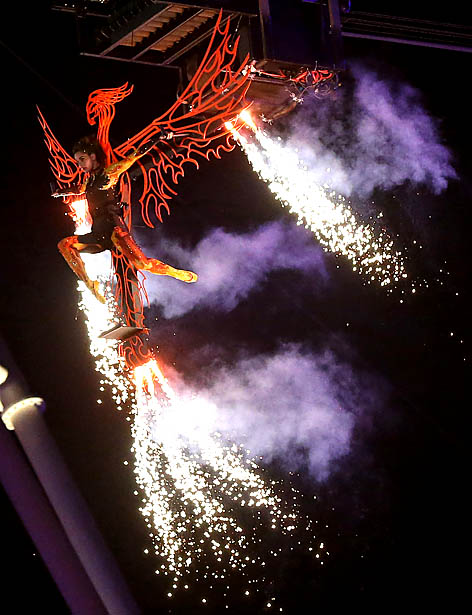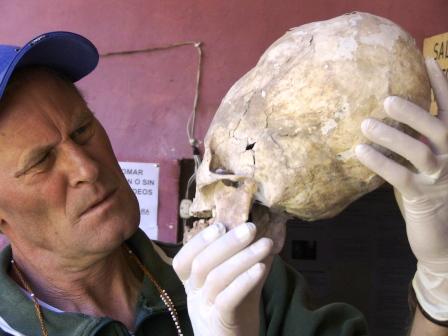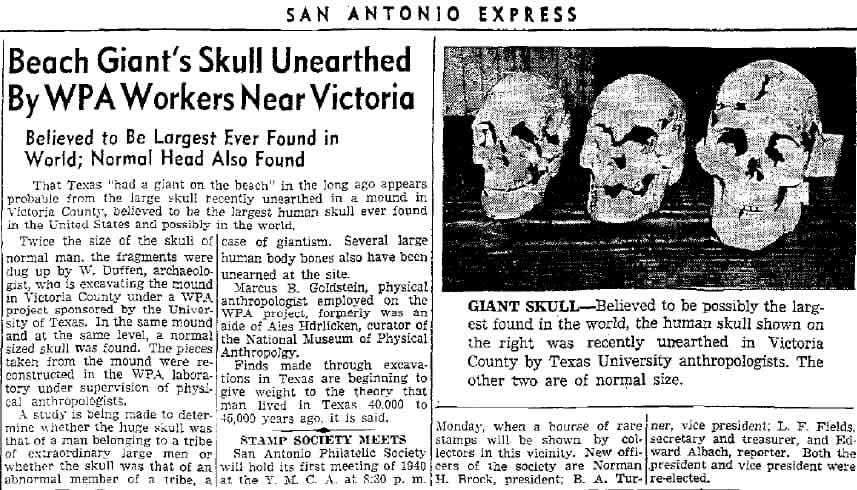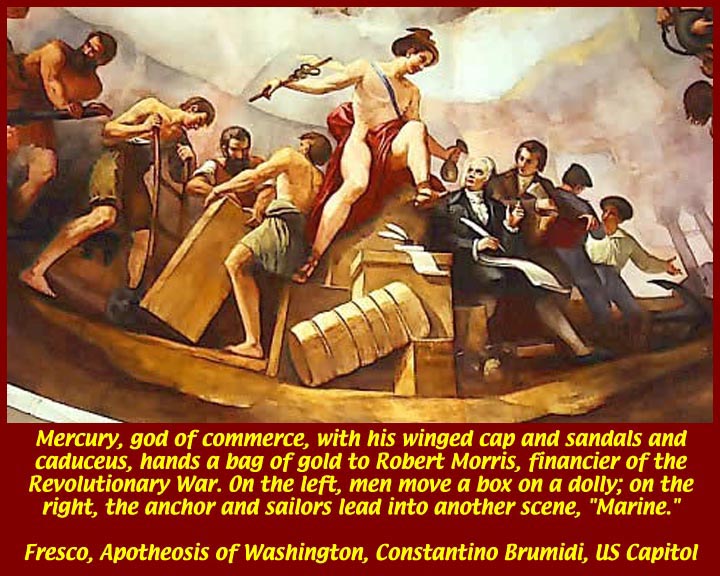“In an ancient hymn to the god Amon-Ra, it is said that “the gods gather as dogs round his feet.”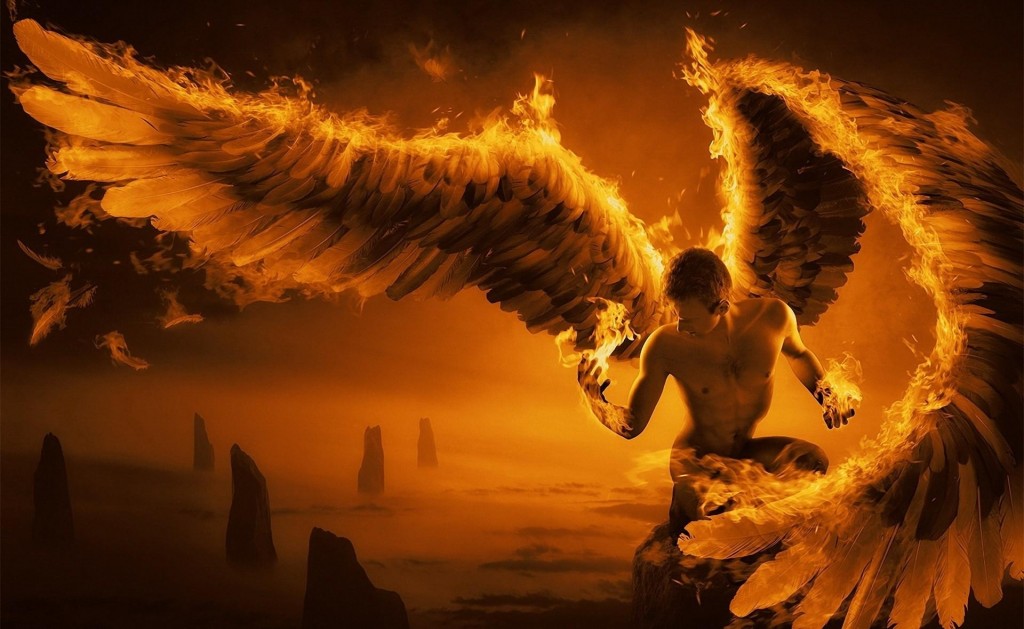
The Phoenician Prince Cadmus (Kadmus or Kadman) was said to be the first person to bring letters, and writing to the Greeks. Cadmus was also known as Hermes who was the inventor of all arts, magic, weapons, and even killer soldiers who we know today as the Spartans. He was also known as a wise king who was the first schoolmaster of the Greeks, and had built a Citadel called Cadmeia.
It is from the name cadmus that we get the word cadmeia; what can be described as a society of men uniting for the promotion of some art, and is what we call today an academy.
The followers of Cadmus were known in Hebrew as the Bene Elohim, and Nephilim described in Genesis 6:4; that the offspring of the Nephilim were “mighty men of old, men of renown.” Hence, they were trained from birth to master the arts, learn trades, and become legends for their wisdom and contributions to the world.
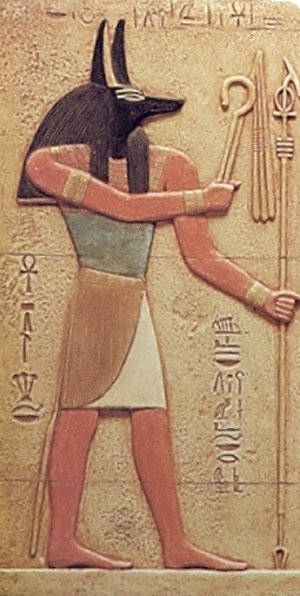 As I mentioned above, Cadmus was also known as Hermes; and during the Ptolemaic period, the Egyptian Anubis was merged with the Greek god Hermes, becoming Hermanubis. Anubis (Anpu), the dog headed Egyptian God of the judgment, protection, and the divine guide to the dead for their journey into the afterlife. The Cult of Hermanubis was located in uten-ha/Sa-ka/ or Cynopolis, a place whose Greek name simply means “city of dogs.”
As I mentioned above, Cadmus was also known as Hermes; and during the Ptolemaic period, the Egyptian Anubis was merged with the Greek god Hermes, becoming Hermanubis. Anubis (Anpu), the dog headed Egyptian God of the judgment, protection, and the divine guide to the dead for their journey into the afterlife. The Cult of Hermanubis was located in uten-ha/Sa-ka/ or Cynopolis, a place whose Greek name simply means “city of dogs.”
These were the academies of the Nephilim who would produce some of the worlds best philosophers, historians, poets, cynics, and men skilled in all the arts.
The Cult of Hermanubis operated an ancient school of Greek philosophers who were known in history as the Cynics (Greek: Κυνικοί, Latin: Cynici). The name Cynic is derived from the Ancient Greek κυνικός (kynikos), meaning “dog-like”, and κύων (kyôn), meaning “dog.” These philosophers rejected power or wealth for a very simple life based on virtue and living in harmony with nature; free from all possessions. These were the ancient Greek schools of philosophy where many wise men, sages and adepts had sprung from.
The Greek word for dog is ΚΥΩΝ / κύων, Κύνες or kuon (Kyon). In Greek mythology,Kuon Khryseos was a golden dog sent by Rhea to guard the infant god Zeus and his nurse the she-goat Amaltheia. The derivative of the Greek Kuon we can find in the word Cu or Con which means dog in Gaelic. From the Greek kuon to the Gaelic Cu/Con, we get the English word cunnin or the adjective cunning; which means shrewd, wise, learned, or foreseeing; and also the word cunnan, to know.
A cunning man is one who reveals secrets, foretells events…….
The old Irish used the word Cu, a dog, or hound, as a designation of honor to denote a hero, fierce warrior or king. The term Ci-cingeach, translated ” leader,” is equivalent to the head dog or leader of a pack, or the brave head or leading hound. In Britain, we find Cu as in Cunobelin: the head king, the solar king and dog of the sun. In Irish folklore, they say that it is not safe to ask a dog a question, for he may answer, and should he do so, the questioner will surely die.
33rd Degree Freemasonic philosopher, Manly P. Hall had written in The Secret Teachings of all Ages; “The dog, because of its faithfulness, denotes the relationship which should exist between disciple and master or between the initiate and his God. The shepherd dog was a type of the priestcraft. The dog’s ability to sense and follow unseen persons for miles symbolized the transcendental power by which the philosopher follows the thread of truth through the labyrinth of earthly error. The dog is also the symbol of Mercury. The Dog Star, Sirius or Sothis, was sacred to the Egyptians because it presaged the annual inundations of the Nile.”
As it is said in the ancient hymn to the god Amon-Ra, “the gods gather as dogs round his feet.”
OK students and disciples….
Now you know the meaning and history of the word academy, and how the Nephilim are your school masters.

Moe is the founder of GnosticWarrior.com. He is a father, husband, author, martial arts black belt, and an expert in Gnosticism, the occult, and esotericism.

